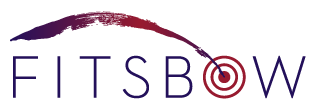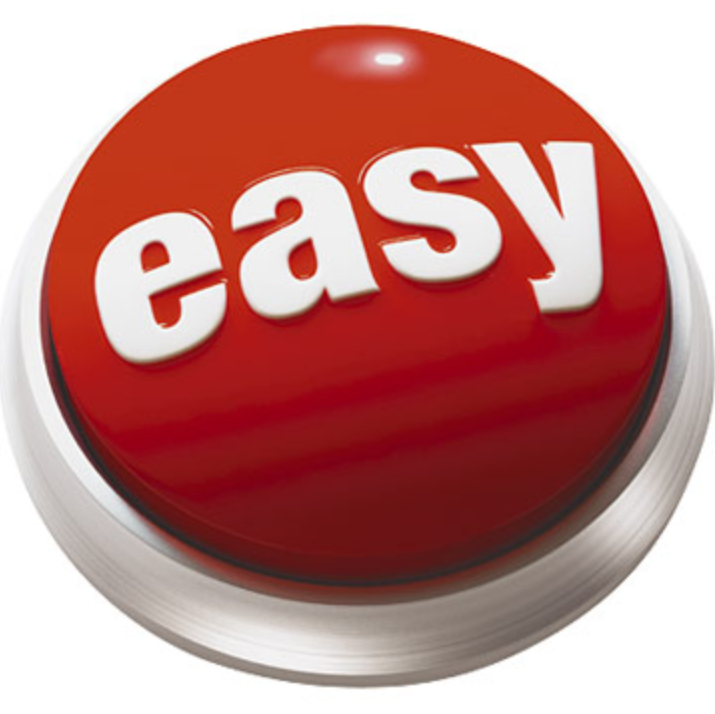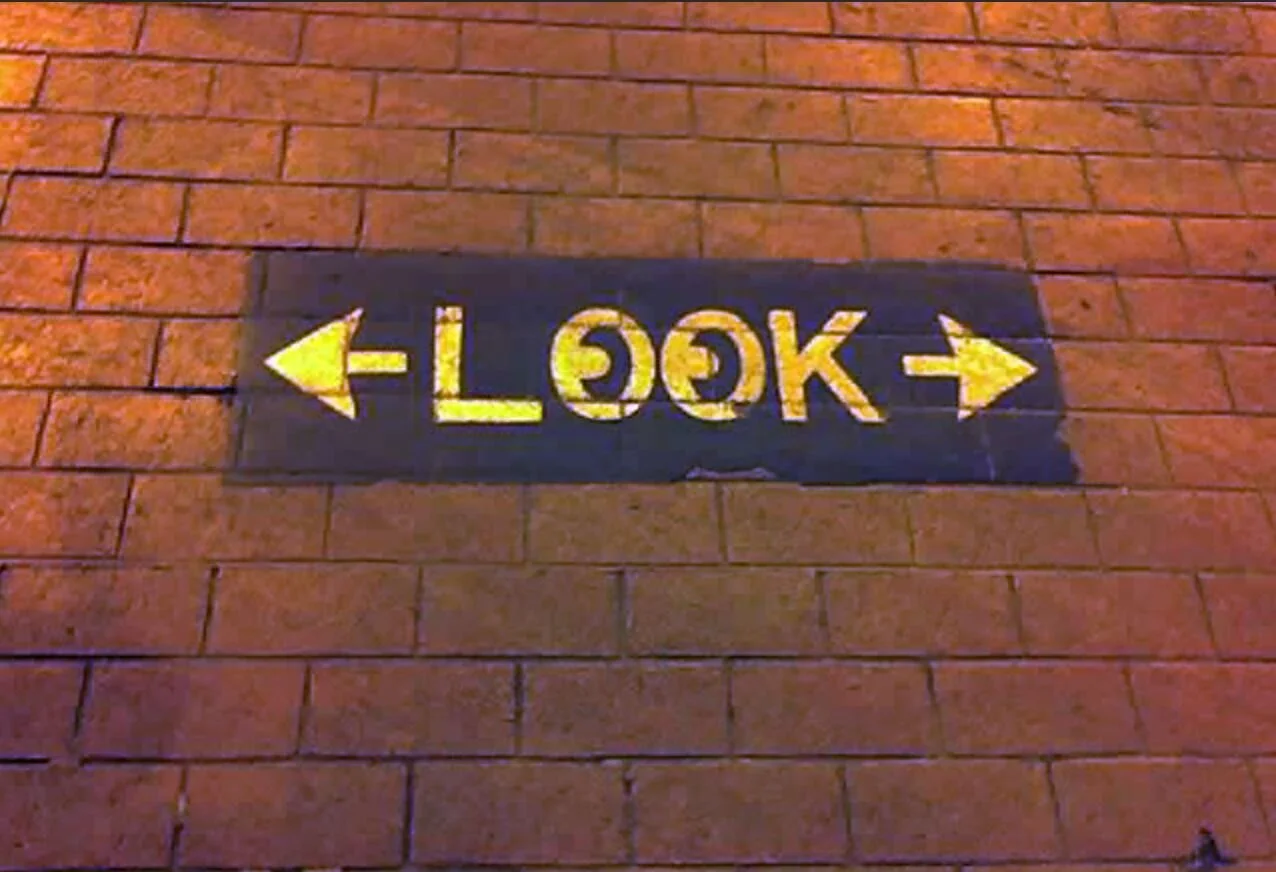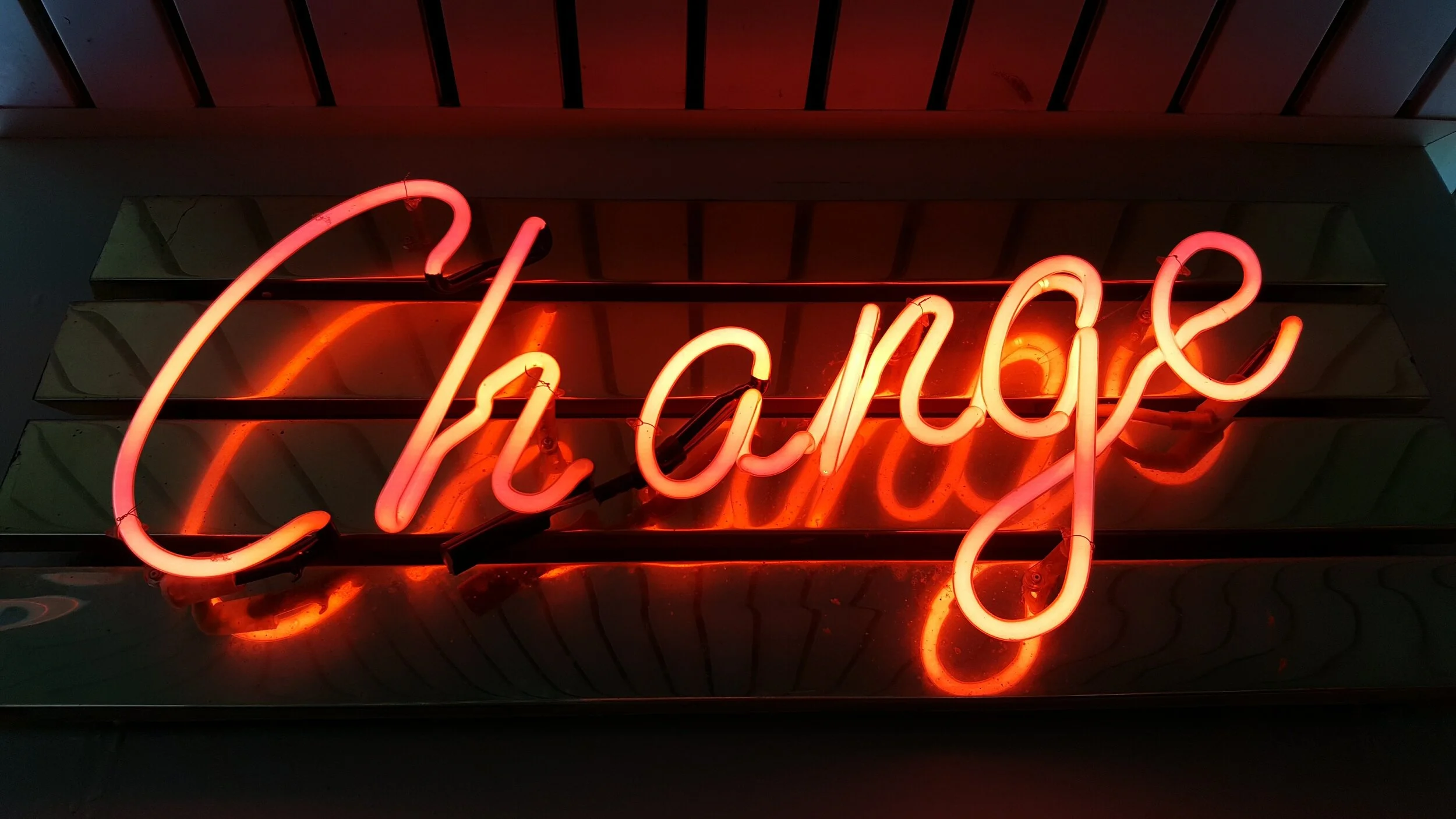Interview Preparation Phase One--Logistics
/4 Phases of Interview Preparation--Phase One
Simple is best. The essentials of good interview prep include four phases. And they punctuate the two elements that will sell you to your potential employer—PASSION & PREPARATION.
Phase 1—Logistics
Begin by being clear about the ”who, when, where, what and why” of your conversation. I just got off the phone with a client who learned today that the all-day interview scheduled for next week will actually include a presentation. Because she is a great networker and she does her homework to learn as much as she can going in, she created the conversation where she learned more about the expectations in the interview—and she now has more time to prepare well—who knows if/when she would have learned of this expectation.
Who will you be meeting? What are their roles? What do you know about them? Do your research to know all you can about the individuals you will meet to enable you to more powerfully build the personal AND the professional connection in your conversation. Look them up on LinkedIn AND google (or Bing) them to learn about other interests like where they donate time or money, what neighborhood they live in, any recognition or participation in industry forums, etc.. This can help you prepare better questions AND answers both as you enter the conversation and during your dialogue.
When and Where will your interview be? How long will it be? What is the format? Many times in working with candidates they are not clear about the logistics. This can create unneeded anxiety around time and what is to be expected. It is essential that you “arrive” well rested and fed and a little early. It is important that you ask if you are not clear about the details. Whether in person or on the phone, preparing your physical, emotional and mental person is vital to “showing up” most powerfully. Clarity about location, length and structure means that you go in understanding more about what to expect so that you can feel more calm and confident.
Practice your most important self-care routines to get yourself ready—rest, eat, exercise, meditate or pray—to get yourself in the right frame of mind and spirit. Help for showing up more confident in your body language may include using a “power pose” before your conversation. A favorite preparation tip is offered by Harvard Body Language researcher Amy Cuddy in her talk here http://poptech.org/popcasts/amy_cuddy_power_poses.
What & Why? Most importantly, know about the job you are interviewing for. Do your research about the company, what their “pain points” are right now and how those needs (pain points) relate to this role. Find out what you can about why the job is open and who held it before you so that you are equipped to ask important questions that may influence your interest AND your ability to be successful.
Do your research—both electronically and conversationally—like the client who learned through her network that she needs to get a presentation prepared for her interview. Your good research enables you to demonstrate how you will perform in the job. Learning as much as you can about the people, position, and company will equip you to ask more powerful questions and give more powerful answers. These are the topics for Phase 2 and 3 of this series on Interview Preparation.





